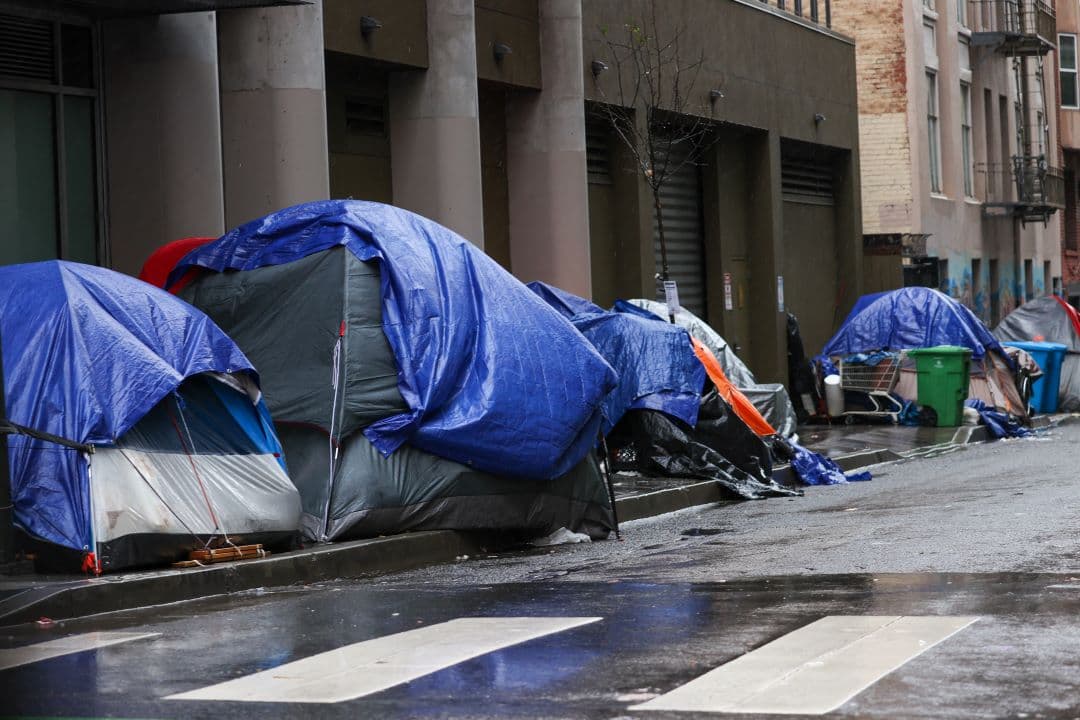San Francisco's $846 Million Homelessness Budget Under Scrutiny Amid Persistent Crisis

San Francisco is grappling with a deepening homelessness and drug crisis, despite substantial financial investment, drawing sharp criticism from tech leaders and residents alike. Adam Nathan, CEO of AI marketing firm Blaze.ai and a prominent voice in the tech community, recently articulated this frustration, stating, "I'm tired of the homeless and drug crisis being a drag on San Francisco. Poor policy. Billions wasted. Refusal to enforce laws." His comments highlight a growing sentiment that the city, a global hub for artificial intelligence, is simultaneously facing a severe humanitarian challenge.
The city's Department of Homelessness and Supportive Housing (HSH) has budgeted an estimated $846 million for fiscal year 2024-2025 to address these issues. However, critics, including Nathan, argue that this significant spending has not yielded commensurate results. "We're both the leader in AI and the butt of jokes across the world," Nathan remarked, pointing to the stark contrast between San Francisco's innovative reputation and its visible urban struggles.
Recent reports indicate a widespread dissatisfaction among residents, with 88% of San Franciscans believing homelessness has worsened and 70% reporting a decline in quality of life. The visibility of unsheltered individuals and open-air drug markets has become a major concern. The crisis is further compounded by a surge in drug overdose deaths, particularly involving fentanyl, which replaced heroin as the main illicit drug on the street in 2016.
Policy changes, such as California's Proposition 47, which reclassified certain drug offenses from felonies to misdemeanors, have been criticized for inadvertently reducing incentives for treatment. While some harm reduction strategies have been implemented, critics argue they may not be effectively addressing the root causes of addiction. San Francisco's approach has been described as a "Jekyll and Hyde" scenario, where innovation thrives amidst profound suffering.
The economic impact of the crisis is also a significant concern, affecting businesses and the city's overall appeal. The lack of visible progress despite substantial investment has led to calls for greater accountability and more effective strategies to manage and resolve the intertwined challenges of homelessness and drug addiction in the city.